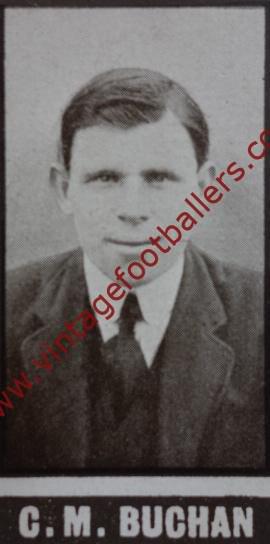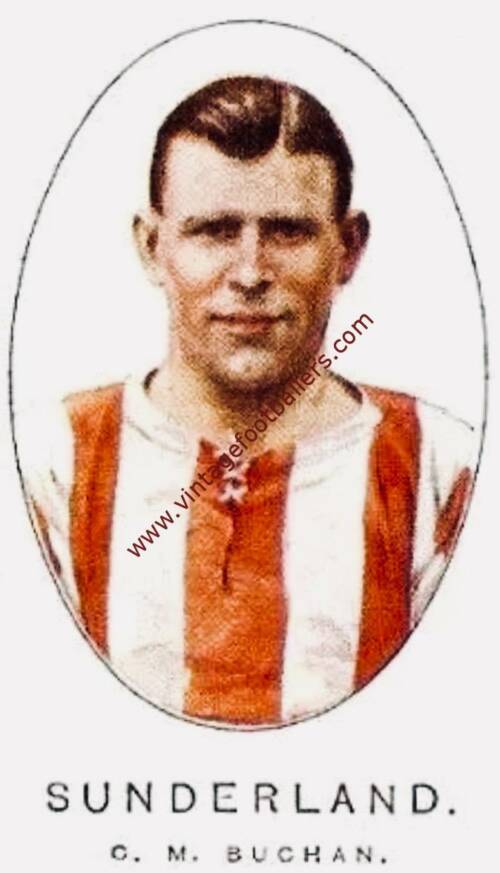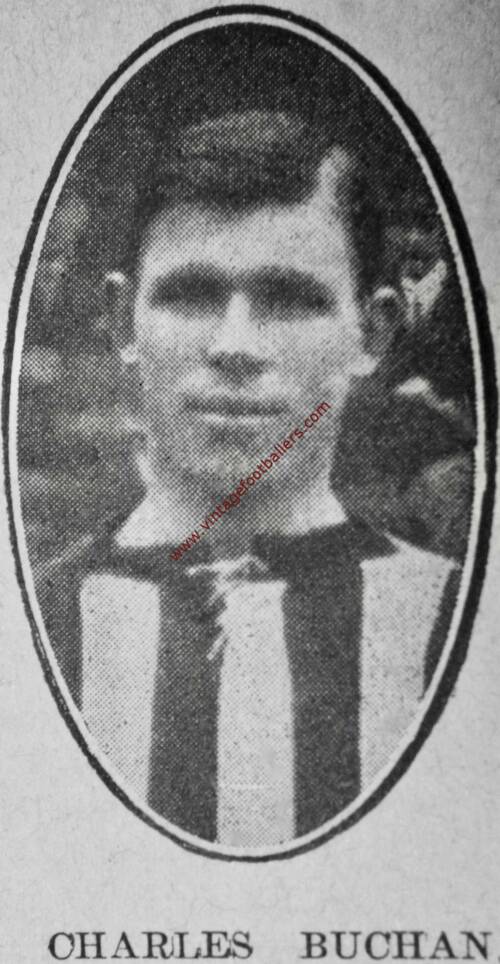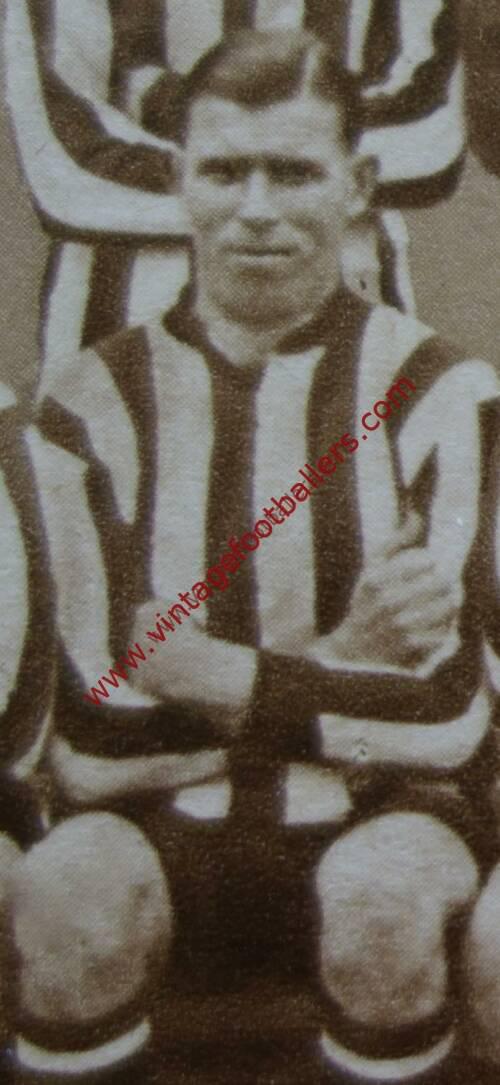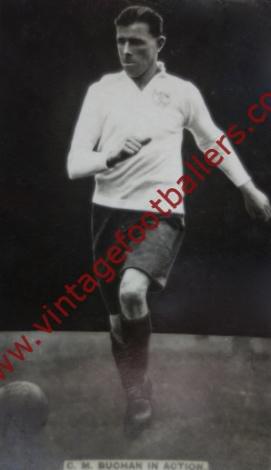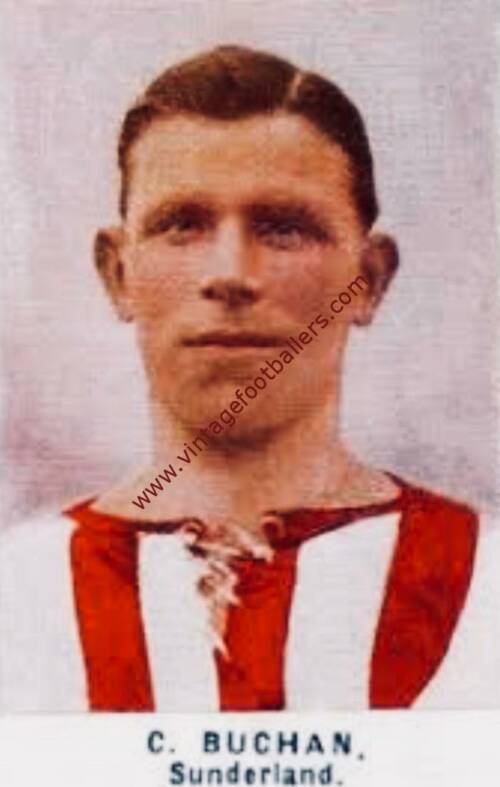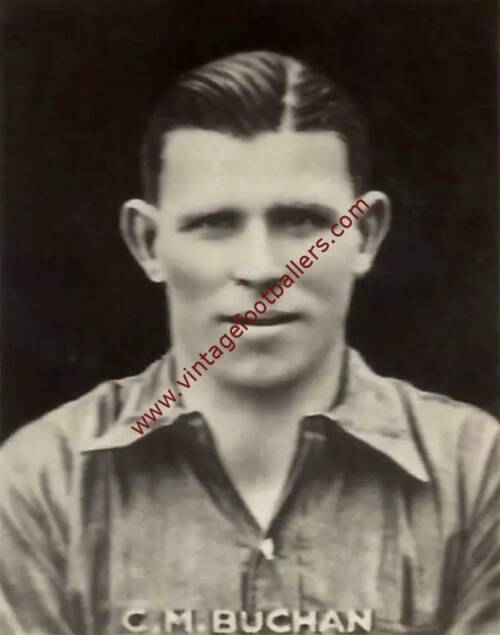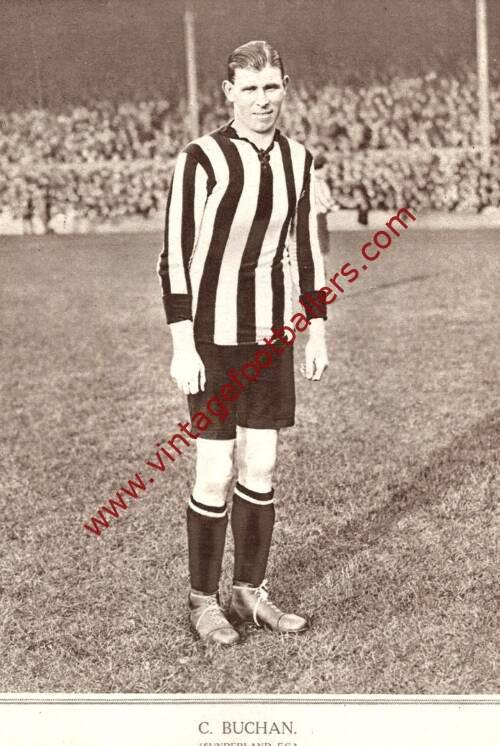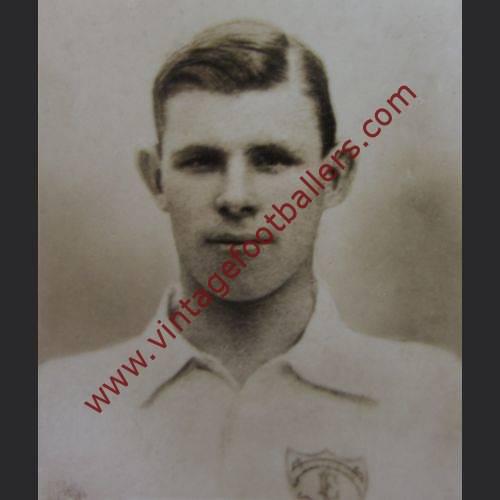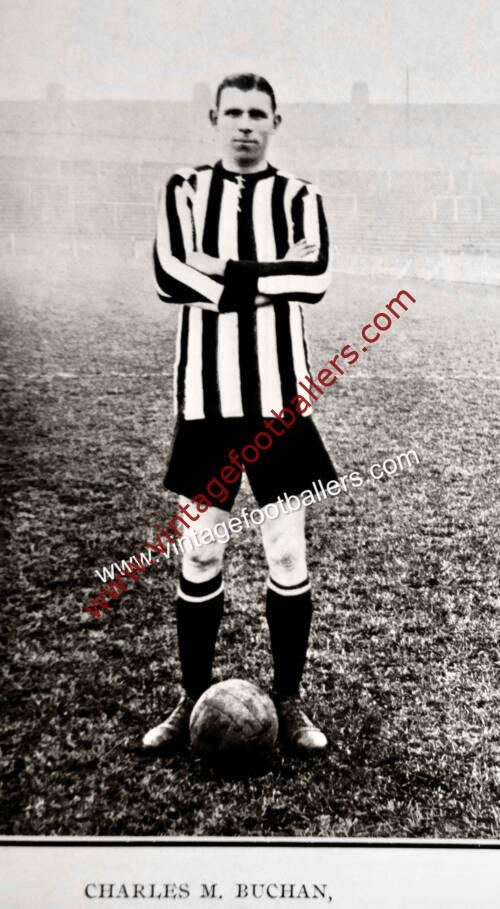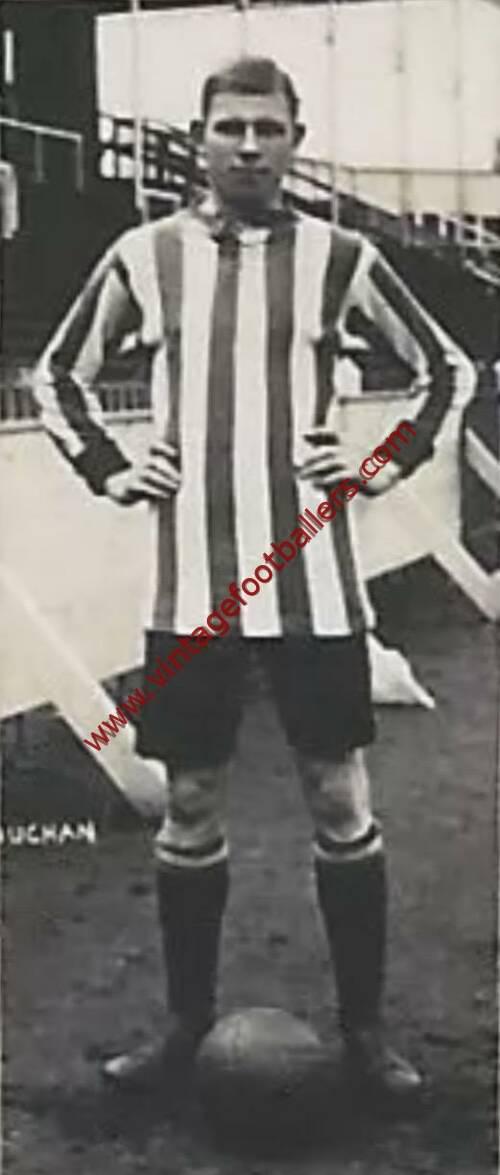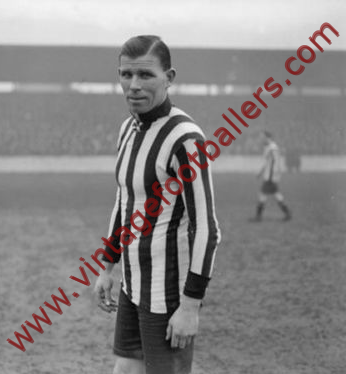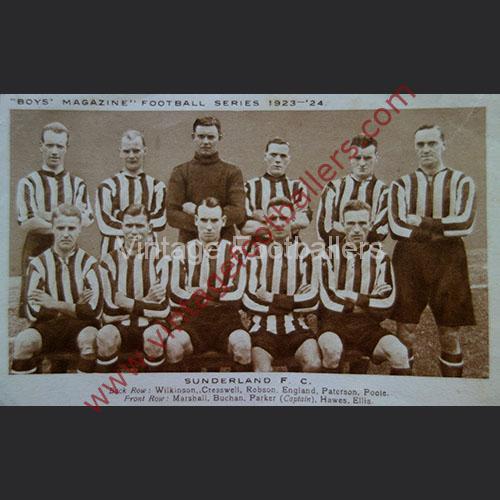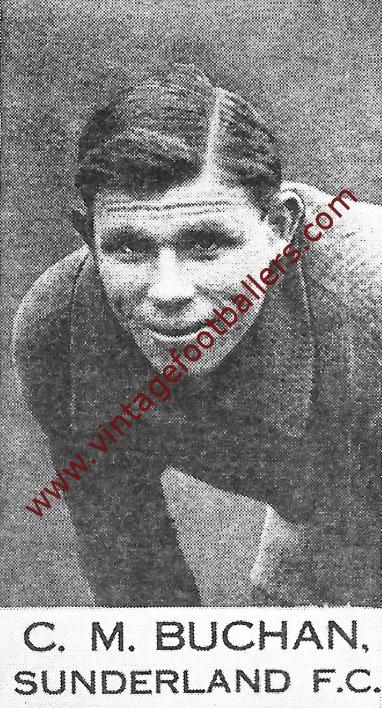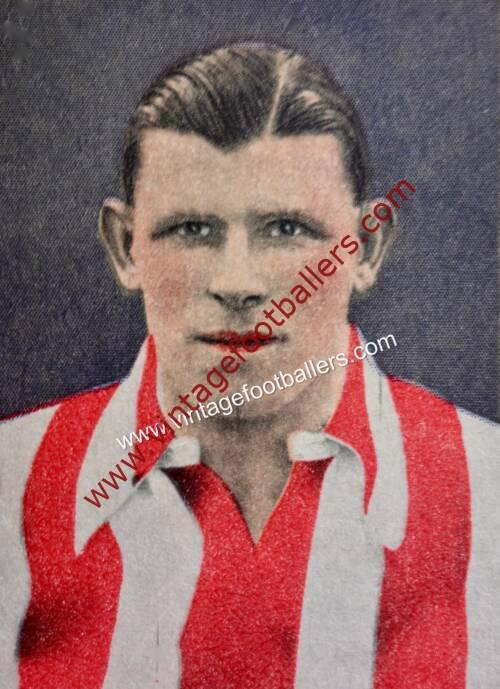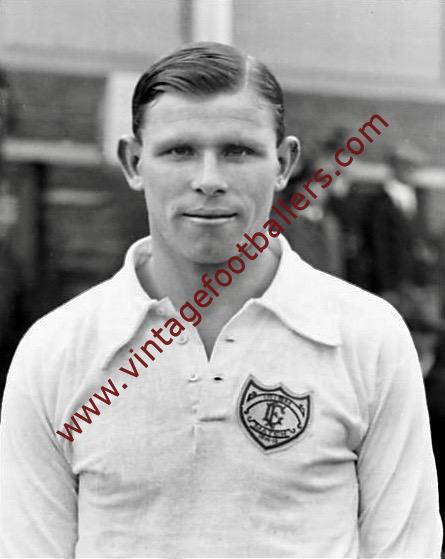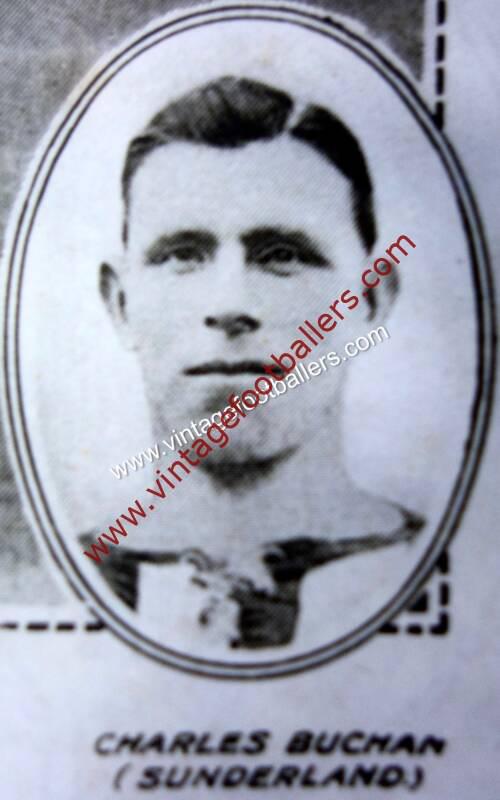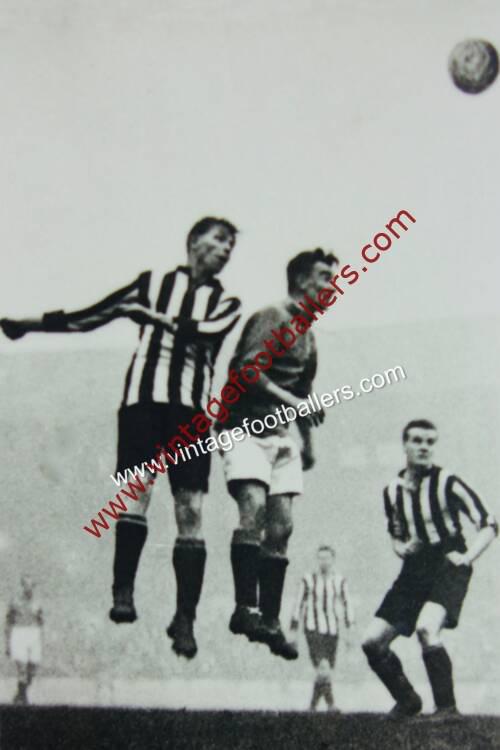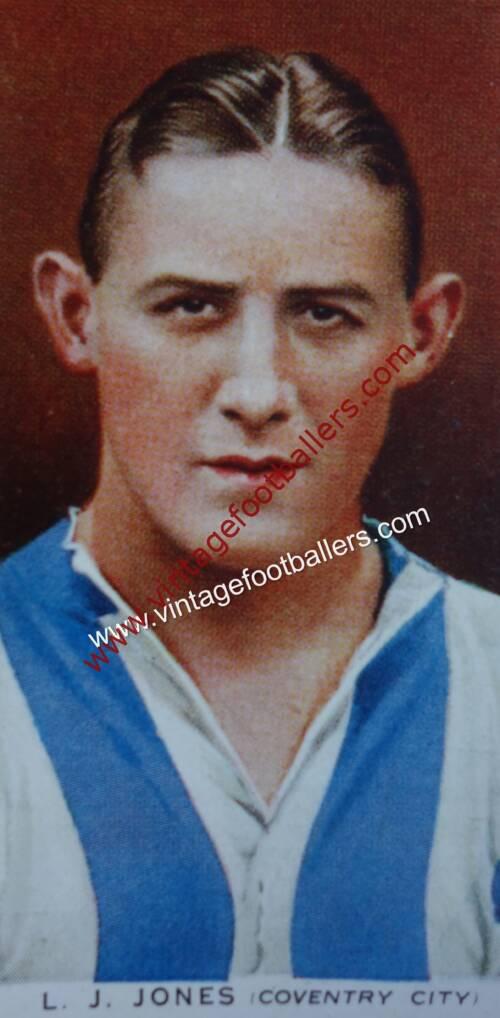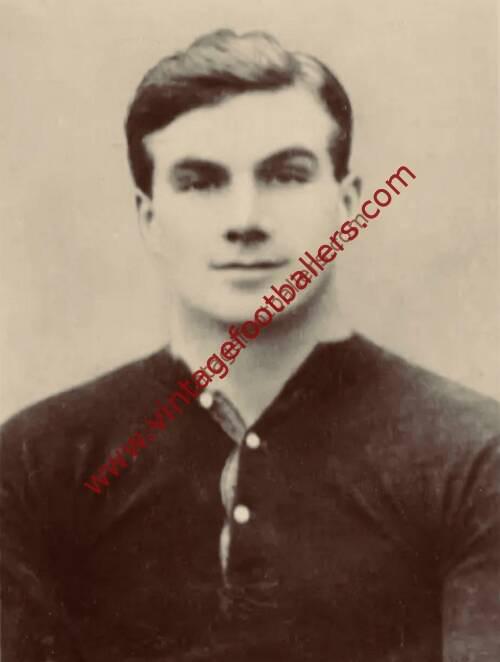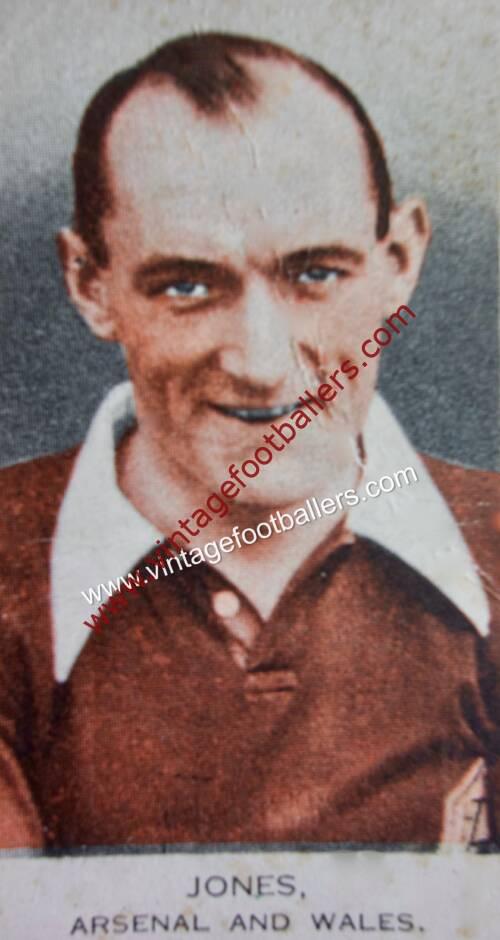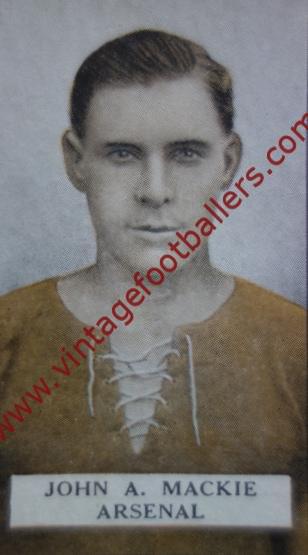Please choose your photo size from the drop down menu below.
If you wish your photo to be framed please select Yes.
Note: 16″x 20″not available in a frame.
Images can also be added to accessories. To order please follow these links
£8.95 – £49.95
Please choose your photo size from the drop down menu below.
If you wish your photo to be framed please select Yes.
Note: 16″x 20″not available in a frame.
Images can also be added to accessories. To order please follow these links
One of the greatest of the greats, a war hero, a man who dedicated his life to football becoming a famous broadcaster and journalist in later life, publishing the eponymous Charles Buchan Football Monthly that older readers may remember, Plumstead, London born centre forward Charles Buchan is one of the most remarkable footballers to have played the game in the Vintage Footballers era, and not unnaturally is in the Vintage Footballers Heroes section.
He began his playing career with Woolwich Polytechnic and Plumstead St Nicholas in 1907 and played for Plumstead in 1908 before a spell on the books of Woolwich Arsenal when he was aged 17 years old. Buchan was approached by Arsenal and asked to play for the reserves against Croydon Common. Arsenal won the match 3-1 and Buchan scored one of the goals. Buchan played in three more games and trained twice a week with the team. However, when he provided a bill of 11 shillings for his travel costs, the club refused to reimburse him. As a result, Buchan refused to play anymore games for the club and left Arsenal, playing the rest of the 1909-10 season for Northfleet in the Kent League.
In May 1910 Buchan signed to play for Southern League club Leyton where his brother Tom was also playing. His first game was against Plymouth Argyle in September 1910. Buchan had a good first season and soon the big clubs were trying to buy him. Leyton turned down an offer of £800 from Chelsea. However he soon signed for Sunderland for £1,250 in March 1911 and made his Football League debut straight away at Tottenham Hotspur in a 1-1 draw.
In his autobiography, A Lifetime in Football, Buchan recalls how defenders tried to intimidate him in those early Football League games. In his fifth game for the club, against Notts County, Buchan faced Jack Montgomery, a burly left-back. In the first few minutes of the game, Buchan raced past him before passing to a teammate. Montgomery, warned him in a low voice: “Don’t do that again, son.” When Buchan tried the same trick later, Montgomery hit him with a shoulder charge of such force that he finished up flat on his back only a yard from the fencing surrounding the pitch. As he crept back on to the field, Montgomery went over to Buchan and said: “I told you not to do it again.”
The Sunderland fans did not immediately take to Buchan and he initially suffered a great deal of barracking from the Roker Park crowd but all that was to change in 1912-13. Buchan gradually developed a very good partnership with George Holley, Sunderland’s leading goalscorer, who supplied Buchan with the passes for a large percentage of the goals he scored. Buchan scored 5 goals against Kenneth Campbell, Liverpool’s Scottish international goalkeeper in a 7-0 demolition in December 1912. “Four of them I just touched into the net. Holley had beaten the defence and even drawn Campbell out of position before giving me the goals on a plate.” He scored a further hat-trick in the return match at Liverpool in the season run in among 30 campaign goals as Sunderland won the League Championship, only narrowly failing to win The Double when they lost the FA Cup Final 1-0 to Aston Villa, who finished runners up to Sunderland in the League, at The Crystal Palace. He finished by far their leading goalscorer for the season, and although Sunderland didn’t follow up their success in the final two seasons before the First World War, Buchan scored another 23 goals in 1914-15 including a treble in his final match before the War against Tottenham Hotspur.
Buchan was called into the England squad against Scotland in March 1912 but was a non playing reserve and he won his first international cap for England in a 2-1 defeat against Ireland at Windsor Park Belfast on 15th February 1913, Buchan scoring England’s goal in the 10th minute. It was his only England cap before the War but he played five times for The Football League in representative matches before the conflict.
During the War Buchan volunteered for the Grenadier Guards, and saw action at The Somme, Cambrai and Passchendaele. Buchan was quickly promoted to the rank of sergeant and in 1918 he attended the Officers’ Cadet School at Catterick. He was awarded the Military Medal for bravery during the fighting – he finished the War as a Second Lieutenant with The Sherwood Forresters. In his autobiography “A Lifetime In Football” he modestly makes little mention of his war record and the events surrounding his decoration were never revealed. However here are those details.
Captain in the Grenadier Guards, Buchan’s Unit was pinned down in battle. In an effort to save his men he stormed a German lookout post with his troops close behind him. They took the lookout post but in doing so Buchan was bayoneted in the foot by the one German soldier who had remained alive. Luckily for Buchan (a footballer remember) the bayonet went straight through the gap between his toes. The fate of the German soldier is unknown.
His commendation was made sure when, under enemy fire he went back to the mess tent to get his men food as their rations had run out. His cause was presumably helped by the fact that he was a fast runner.
Buchan’s Military Medal was gazetted on 12th December 1917, won presumably at Cambrai, some 7 miles behind the Hindenburg line, which had been fought the month before. There was no citation with his medal but he was nominated for a Commission shortly after he won it.
The Battle at Cambrai is significant in that it was the first time that Tanks, some 400 of them, had been used in significant force in a War. To place Buchan’s bravery into perspective the Germans suffered 50,000 casualties and the British 45,000.
The German Army’s Chief Of Staff Paul von Hindenburg described the Battle of Cambrai thus, “From the point of view, not of scale, but of the obstinacy which the English displayed and the difficulties of the ground for the defenders, the battles which now raged in Flanders put all our battles on the Somme in 1916 completely in the shade”.
Buchan played for England in one of the unofficial Victory internationals in the Spring of 1919, before returning to Roker Park on the resumption of peacetime football. However despite Buchan’s 27 goals a season in the first two post war seasons and 21 goals in 1921-22, Sunderland struggled. Bob Kyle completely rebuilt the playing squad and by the 1922-23 season Buchan was the only survivor of the Sunderland team that had won the League Championship in the 1912-13 season. Sunderland had a much better season and finished runners up in the League Championship, six points behind Liverpool. Buchan scored 30 goals that made him the top scorer in the whole of the First Division.He then scored 26 goals in the 1923-24 campaign as Sunderland came third in the League.
Buchan was recalled to the England team in March 1920, scoring in a 2-1 home defeat to Wales at Highbury, and he first captained England a year later in a 0-0 draw against the Welsh at Ninian Park. He twice captained his country and in total won 6 international caps, scoring 4 goals, his last international coming in a 1-1 draw with Scotland at Wembley in April 1924. He played a further 5 matches for The Football League after the War, and he also scored for The Professionals as they beat The Amateurs 3-1 in the FA Charity Shield at Highbury in October 1924.
He went on to score 209 League goals for Sunderland, 222 in total, in 411 games either side of the Great War. He is still Sunderland’s record goalscorer and he was their top scorer in seven of the ten full seasons he played with them.
In May 1925 Herbert Chapman signed Buchan, already aged 34, for Arsenal for £4,000. “We pay Sunderland cash down £2,000, and then we hand over £100 to them for every goal you score during your first season with Arsenal.” Buchan scored twenty as Arsenal finished as League runners up, their best ever finish as a club to that point. He scored 56 goals in 120 games during three seasons for Arsenal, and was again a losing Cup Finalist when, as captain, Arsenal lost 1-0 to Cardiff City in the 1927 FA Cup Final at Wembley. He retired in April 1928 to pursue a career for which he is also very much remembered, for his journalism and many eponymous football magazine and book publications.
Buchan as mentioned somehow lived to tell a tale of three ferocious battles on The Western Front but he eventually succumbed to meet his Maker on 25th June 1960 in unusual circumstances.
He and his wife had gone to Beaulieu Sur Mer in the South of France for their summer holidays in June 1960. They went there most years and stayed at The Metropole Hotel near to the Casino, drinking champagne at 11am every day. They would then go to the races in the afternoon and after dinner they would go to the casino.On 25th June 1960 Buchan had a considerable win at the casino. He subsequently had a heart attack and died. As he wasn’t Catholic they couldn’t take him to the local chapel and so his body laid in rest at the Casino overnight.
His wife went back to the hotel and mid morning the next day she was greeted by the sight of her husband’s coffin with a bottle of champagne in it together with a vase of flowers from the casino manager. Members of his family flew out from England to retrieve the body and bring it back to the UK. However there was an air strike at the time and they couldn’t make the return trip. Therefore and as the weather was scorching that summer, Buchan would have to be cremated, a very rare event in a Catholic country such as France at that time. However there was a problem, there was only 1 crematorium in the South of France, at Marseille, a long journey from Beaulieu Sur Mer.
A hearse subsequently arrived to take Buchan’s body to Marseille but bizarrely on the way and at 12pm the hearse pulled into a restaurant car park so that the driver could have his lunch, with wine, and 2 hours later the journey continued. The hearse arrived at Marseille but as the crematorium hadn’t been used for years it had to be opened up especially to cremate Mr Buchan. Following the cremation the family members then went back to Beaulieu Sur Mer with Mr Buchan’s ashes and from there travelled back to England in a cargo plane. A memorial service was subsequently held at St Bride’s Church in Fleet Street.
The News Chronicle commented on his passing;”that rare combination, the complete footballer and the perfect gentleman”. Of his time on the Western Front he stated, shortly before his death that “it was tough, mighty tough, but I know now it did me all the good in the world. I was proud to belong to the Grenadier Guards”.
His older brother Tom played with him at Leyton and also played for Bolton Wanderers.
| Weight | N/A |
|---|


